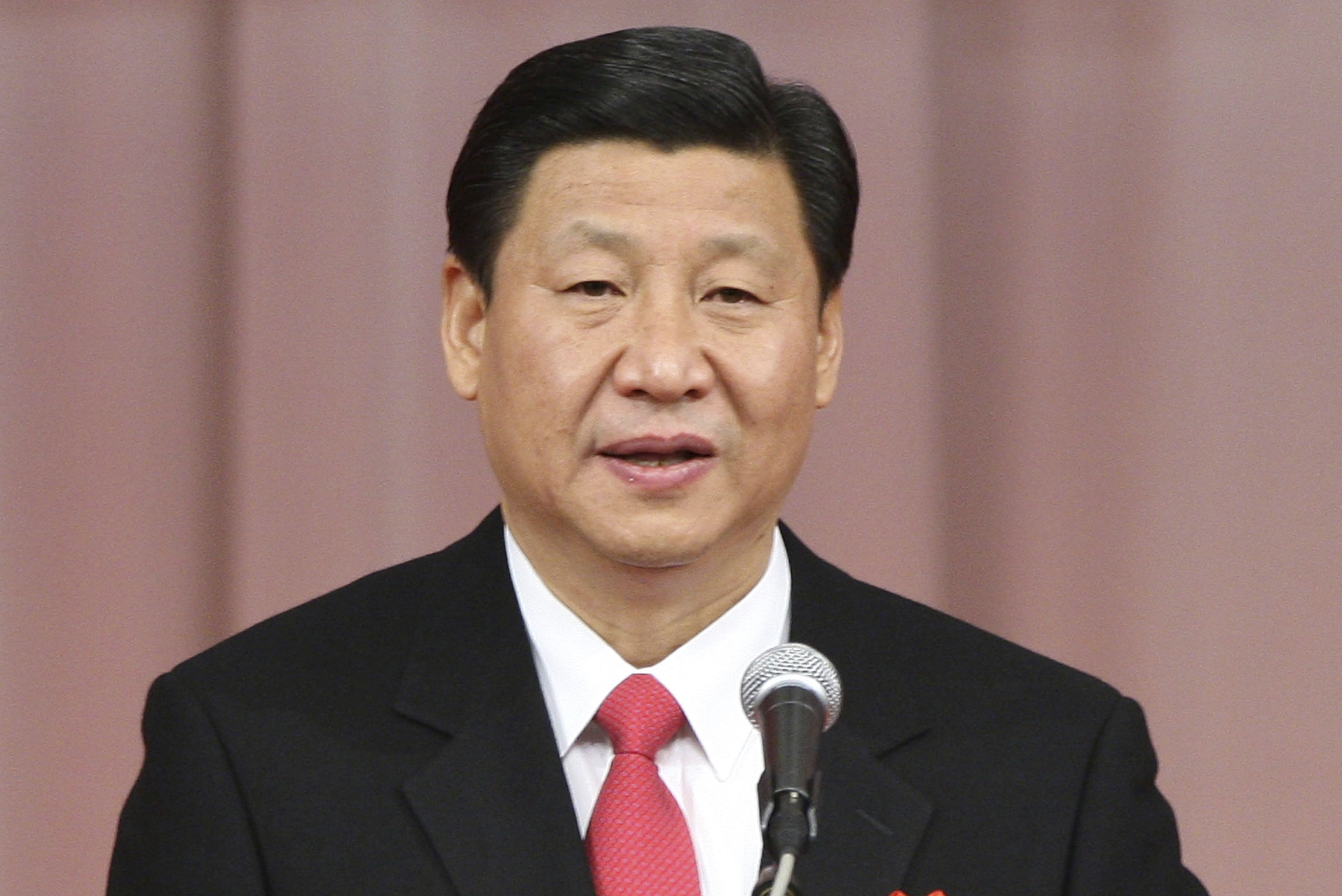Xi Jinping’s state visit to the UK – the first of a sitting Chinese president to any European country for 10 years – will help cement London’s status as the premier offshore renminbi (Rmb) hub.
Britain rolled out the red carpet to Xi, as the leader of the world’s second-largest economy was treated to extravagant pomp, including a banquet hosted by the Queen and a guest suite at Buckingham Palace.
But in trade terms, the significance is clear: currency hubs have been vying to become the number one clearing centre for Rmb outside Greater China, with the likes of Frankfurt, Sydney and Paris providing competition to the City of London, which currently leads the way in volume terms.
And as the Rmb looks set to become an IMF reserve currency as early as next year, it looks as though London has stolen a march on its rivals. Xi’s visit coincides with China confirming plans to issue its first short-term debt overseas in London, emphasising the UK’s status as “China’s best friend in the west”.
“For China, its currency is on the road towards becoming convertible. As part of its Rmb internationalisation strategy, China intends to increase the use of its currency overseas and eventually emerges a global reserve currency. For the People’s Bank of China to issue short-term debt in Rmb in the City of London in the near future is another step down this path,” Linda Yueh, adjunct professor of economics at London Business School, tells GTR.
“The Chinese consumer market presents tremendous future growth opportunities for UK exports of a wide range of goods and services,” Rajiv Biswas, IHS
Almost US$50bn in trade and investment agreements are expected to be announced on Xi’s trip, with the most prominent being the Chinese investment in Britain’s nuclear energy sector. China will pay for one-third of the total £18bn cost of Hinkley Point nuclear plant and it’s expected that the capital will continue to roll in, with the UK seeking investment in its rail network, including HS2, and other key infrastructure projects.
“We want to be the most open economy in Europe to Chinese investment. We want to trade with China to ensure British jobs and prosperity,” said UK foreign secretary Philip Hammond.
It marks a dramatic U-turn in inter-governmental relations, after David Cameron was scorned by Beijing for meeting with the Dalai Lama in 2012. A subsequent thaw began with a number of high-profile visits to China by British emissaries, including Prince William and Chancellor George Osborne, just last month.
Perhaps most significant was the UK government’s refusal to toe the US line regarding the China-backed Asia Infrastructure Investment Bank (AIIB). Despite reported pressure from the US Treasury Secretary Jack Lew, the UK signed up as one of the new development bank’s founder members, with the US left watching from the sidelines.
UK export officials will be hoping Xi’s visit will open doors for their companies in China too.
“With Chinese real retail sales forecast to grow at a pace of 7.9% per year between 2016 and 2020, and at 6.8% per year between 2021 and 2025, the Chinese consumer market presents tremendous future growth opportunities for UK exports of a wide range of goods and services. UK service sector exports such as financial services, international tourism and education are likely to be among the fastest-growing market opportunities, as the rapidly growing household incomes of the Chinese middle class allow a higher share of total disposable income to be spent on services-related expenditure,” says Rajiv Biswas, Asia Pacific chief economist for IHS Global Insight.







